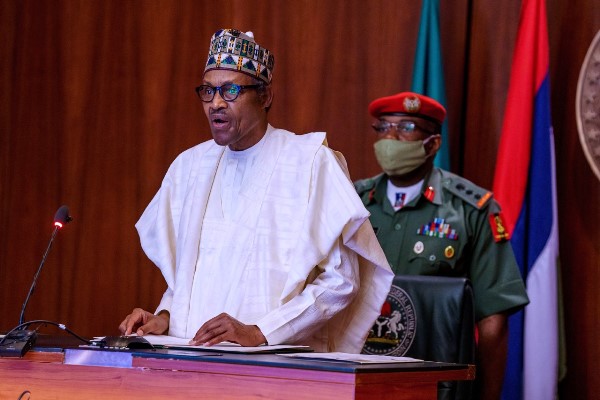A new World Bank Task Team Leader (TTL) has been assigned for the Agro-Processing, Productivity Enhancement and Livelihood Improvement Support (APPEALS) Project.
Mrs Aishat Onusi, National Communication Specialist for National Project Coordinator made this known on Tuesday in Abuja
Onusi said the incoming TTL, Dr Manievel Emmanuel formally took over from the outgoing TTL Dr Adetunji Oredipe at a brief ceremony held at the APPEALS National Coordination Office.
The newly task team leader commended the outgoing TTL for the tremendous progress the Project has so far made in achieving its target objectives, he also urged the Project staff to double their efforts to ensure the successful conclusion of the Project by September 2023.
In his remarks, the outgoing TTL Dr Oredipe thanked the Project team for their support, urging them to support the new Leader.
He noted that the Project has achieved its PDO so far and pledged his continuous support towards the successful implementation of the Project.
“I feel highly fulfilled looking at where we started and what we have achieved today”, Dr Oredipe said.
The National Project Coordinator of the APPEALS, Alhaji Mohammed Jobdi assured the new task leader of his cooperation and commitment of all members of the Project staff to work with him to ensure that he successfully carries out his assignment.
The handover ceremony was witnessed by some World Bank-Nigeria officials; as well as Management and Staff of the APPEALS National Coordination Office.
APPEALS project objective for Nigeria is to enhance agricultural productivity of small and medium scale farmers and improve value addition along priority value chains in the participating states.
APPEALS Project is a six-year project developed by the Federal Ministry of Agriculture and Rural Development (FMARD) in collaboration with the World Bank and other stakeholders.
There are six participating states, Cross River, Enugu, Kaduna, Kano, Kogi and Lagos States and the Project direct beneficiaries are estimated at 60,000 individuals (10,000 beneficiaries per state) translating into 300,000 farm household members.
It is anticipated that 35 percent of the total direct beneficiaries will be women while between 5% and 10% is reserved for People Living with Disability and Special Needs (PWDSN).














